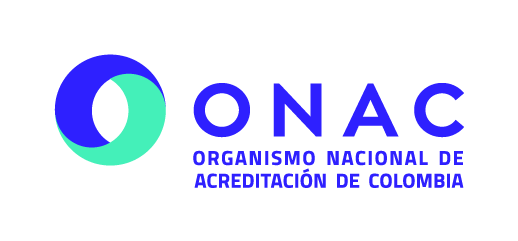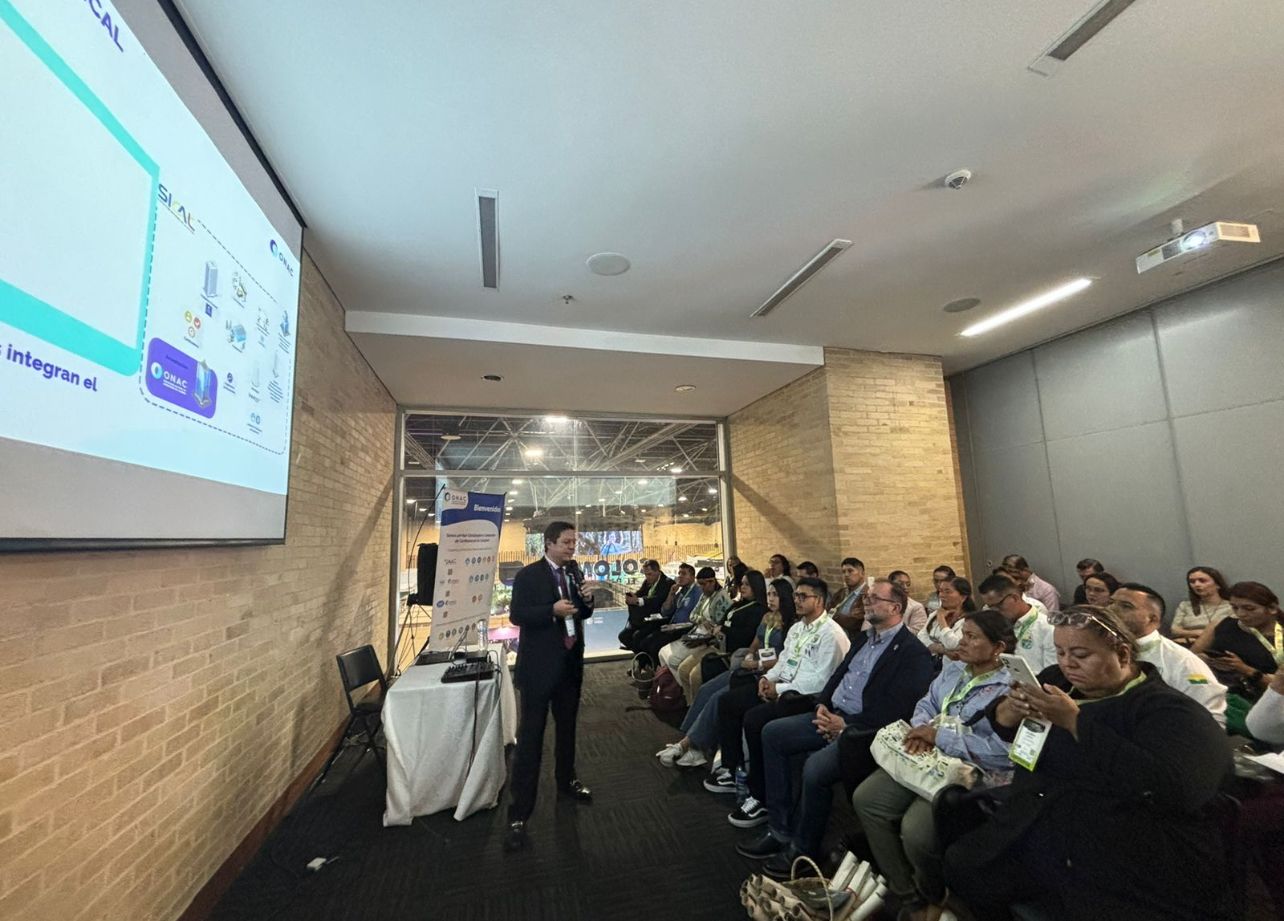
Last February, the National Accreditation Body of Colombia (Organismo Nacional de Acreditación de Colombia – ONAC) embarked on a groundbreaking initiative to elevate the standards of sustainability in the tourism sector through the implementation of Colombian Technical Standards (Normas Técnicas Colombianas – NTC) in Tourism Sustainability Management Systems. This move not only signifies a strategic pivot from Sectoral Technical Standards (Normas Técnicas Sectoriales – NTS) but also underscores Colombia’s commitment to harmonizing with global benchmarks, thereby enhancing the quality and sustainability of its tourism industry.
The new sustainable tourism accreditation service was presented to the Colombian Association of Travel and Tourism Agencies (ANATO), some tourism service providers, and other stakeholders. The event served as a meeting between different stakeholders in the tourism sector, among them the Conformity Assessment Bodies (CABs), one of the key stakeholders and the ones directly interested in acquiring sustainable tourism accreditation services.
Additionally, the event served to raise awareness of the importance of accreditation, particularly in the tourism sector. Accreditation has the potential to contribute to the internationalization of tourism services provided within the country and to make Colombian tourism service providers known to a global audience.


Tourism, a rapidly growing industry, holds the promise of economic prosperity, employment generation, and the promotion of cultural and environmental awareness. However, its unchecked expansion can lead to adverse impacts, including cultural dilution, environmental degradation, and the depletion of local resources. Recognizing these dual facets of tourism, the World Tourism Organization has defined sustainable tourism as a model that fully considers its current and future economic, social, and environmental impacts, addressing the needs of visitors, the industry, the environment, and host communities.
This model aligns seamlessly with the Sustainable Development Goals (SDGs), particularly targeting the promotion of sustainable tourism that fosters job creation and local culture and products. In this light, the Colombian Ministry of Commerce, Industry, and Tourism (MinCIT), in collaboration with the Colombian Institute for Technical Standards (ICONTEC), has spearheaded the transition to NTC in tourism sustainability management, heralding a new era of standardized, high-quality, and sustainable tourism practices.
The transition from NTS to NTC reflects a profound evolution towards a more integrated and formalized framework of standardization within Colombia, setting a new benchmark for quality and sustainability in tourism at a national level. This evolution is a testament to Colombia’s deep-seated commitment to excellence and responsibility in its tourism sector. By aligning with NTC, service providers are not only adhering to national standards but are also positioning themselves competitively in the global market, enhancing their appeal to a more sustainability-conscious clientele.
The significance of this shift cannot be overstated, as it paves the way for a more resilient and competitive tourism industry that is in harmony with environmental conservation, cultural respect, and social responsibility. Moreover, the certification under NTC for sustainability in tourism acts as a catalyst for innovation, fostering economic resilience, attracting investment, and raising awareness about sustainable practices among both providers and tourists alike.
Despite the promising outlook, the heterogeneity of Tourism Service Providers (PSTs) and the financial burden of certification pose considerable challenges. The ONAC’s market study reveals a pressing need for collaborative efforts between government entities and accreditation body to facilitate certification for PSTs, overcoming financial and technical barriers. It suggests tailored incentives, tiered fee structures, and comprehensive support programs to democratize access to certification, ensuring that all segments of the tourism industry can embark on the journey towards sustainability.
This study was prepared by the Coordination of Socioeconomic Studies for Quality Infrastructure, a new area of ONAC in charge of conducting economic research and generating valuable information to support decision-making by ONAC, the CABs, the other actors of the quality infrastructure, as well as other stakeholders. The study can be consulted both in Spanish and English in the following website: https://onac.org.co/en/market-study-of-accreditation-services-in-colombian-technical-standards-for-tourism-sustainability-management-systems/onacs-blog/
There have been several studies conducted by the area, including market analysis studies for the opening of new accreditation services, review of sources that allow understanding the current state and opportunities for improvement of the quality infrastructure in Colombia, reviews of the impact of accreditation on aspects such as energy efficiency or international trade, among other documents. All these studies will be available for public consultation through ONAC’s website.
ONAC’s initiative to offer accreditation services in NTC for Tourism Sustainability Management Systems represents a significant leap towards aligning Colombia’s tourism sector with global sustainability standards. This endeavor not only enhances the competitiveness and attractiveness of Colombia as a sustainable tourism destination but also reaffirms the country’s commitment to responsible tourism practices that safeguard its cultural and natural heritage for future generations. The journey ahead is challenging, yet with strategic partnerships and sustained efforts, Colombia is poised to become a beacon of sustainable tourism on the global stage.